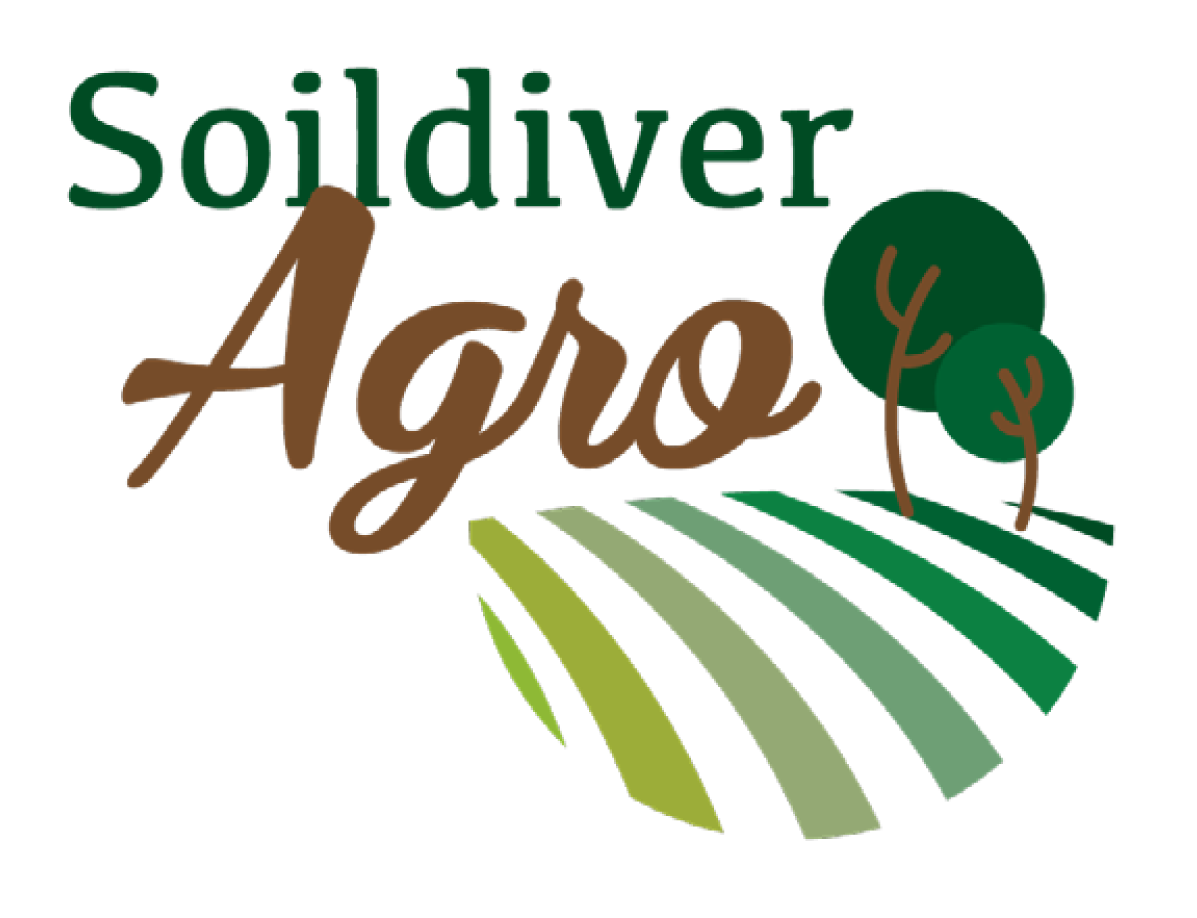Work Package 6 (WP6): Environmental and socioeconomic assessment of soil biodiversity management and conservation

Leader: LUONNONVARAKESKUS (Finland). E. Pouta
Deputy Leader: JOHANN HEINRICH VON THUENEN-INSTITUT, BUNDESFORSCHUNGSINSTITUT FUER LAENDLICHE RAEUME, WALD UND FISCHEREI (Germany)
The general objective of WP6 is to perform ‑on the basis of results from other WPs‑ an environmental, economic and social assessment of tested management practices and cropping systems that enhance soil biodiversity in agro-ecosystems. Besides looking at ecological aspects and societal benefits, a particular attention will be given to end-users` needs considering economic feasibility, producers’ profitability and market requirements. The relationship between the economic and the ecological system is recognized and the underlying central aim is to provide knowledge for a sustainable management of this relationship.
The specific objectives are:
- Provide an approach that brings benefits and costs of environmental outputs (e.g. variations in C sequestration, biodiversity, pollution, erosion and GHGs emissions) associated with tested management practices available for decision making.
- Provide, using outputs from the previous WPs, an integrated estimate for the direct economic benefits costs and risks for farmers associated with each management practice within each pedoclimatic area, accounting for variations in crop yield, machinery fuel, fertilisers, pesticides, water, energy, labour, etc.
- Provide a holistic understanding of the hindrances of and solutions for implementing soil biodiversity enhancing management practices focusing on social, cultural and institutional factors behind the choice of management practices.
- Provide an integrated assessment of costs and benefits on the level of society to facilitate the necessary policy changes leading to a wider implementation of the tested management practices.
- Peliver aggregated information on the socio-economic benefits and risks associated with the assessed practices – including feasibility, usability, long-term sustainability aspects – between pedoclimatic areas.

